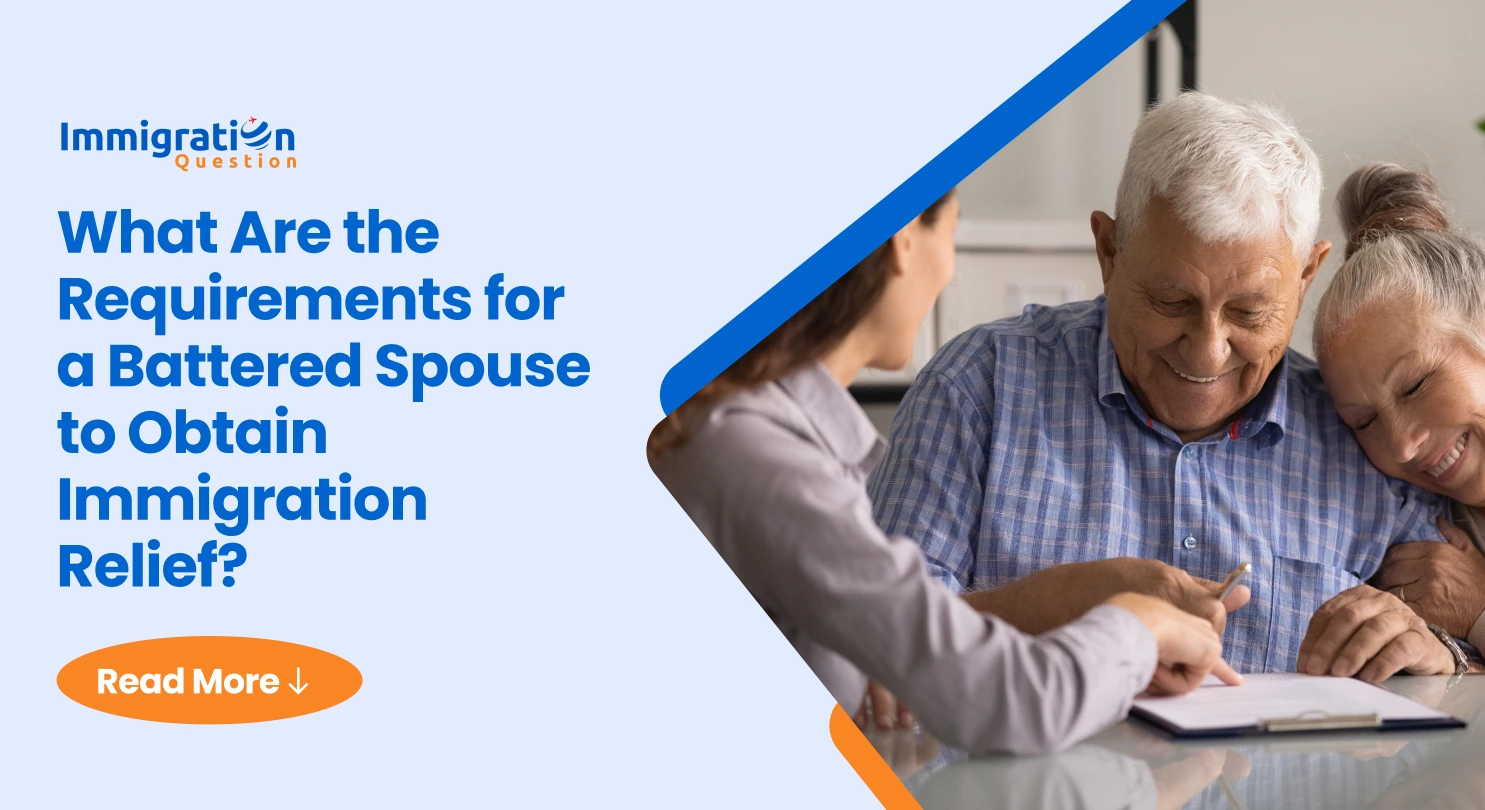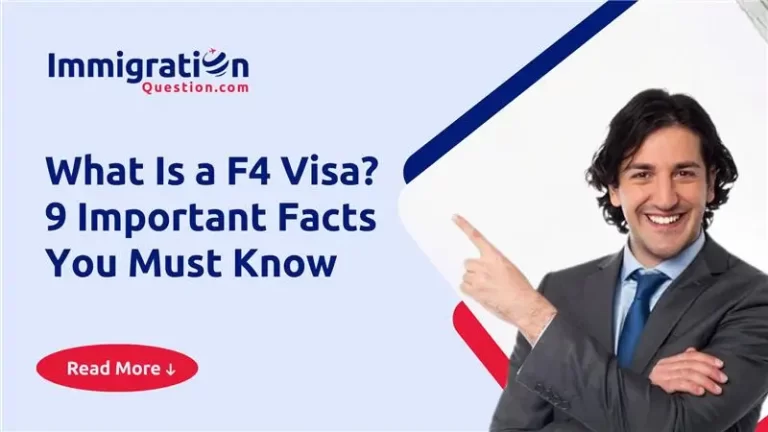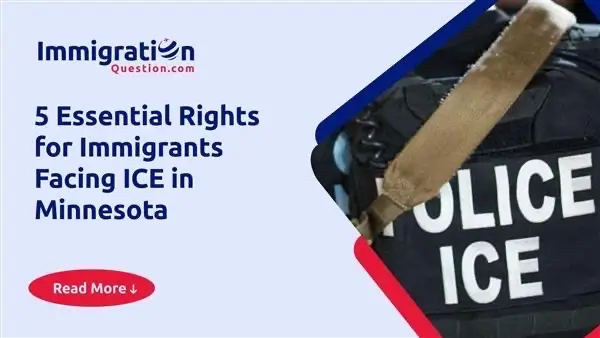For victims of domestic abuse who are married to U.S. citizens or lawful permanent residents (LPRs), there are legal pathways to obtaining immigration relief, including self-petitioning for a Green Card under the Violence Against Women Act (VAWA). This allows a battered spouse to apply for legal status without relying on their abuser. Understanding the eligibility requirements and seeking assistance from a Family-Based Immigration Attorney can help ensure a successful application.
In this guide, we will explore the requirements for a battered spouse seeking immigration relief, the application process, and how legal assistance can help.
Why Understanding Immigration Options for Battered Spouses is Important
Victims of abuse often face immense challenges, including fear of deportation, financial dependence, and legal uncertainty. Fortunately, U.S. immigration laws provide protections that allow abused spouses to seek independent legal status. Understanding these protections can help victims:
- Escape abusive situations without jeopardizing their immigration status.
- Gain work authorization and lawful permanent residency.
- Secure a safe and stable future for themselves and their children.
If you or someone you know is experiencing abuse, seeking guidance from an immigration attorney can be an essential step toward safety and independence.
Who Qualifies for Immigration Relief as a Battered Spouse?
To qualify for immigration relief under VAWA, a battered spouse must meet the following requirements:
Marriage to a U.S. Citizen or Lawful Permanent Resident (LPR)
- The applicant must be married to a U.S. citizen or LPR at the time of filing.
- If the marriage ended due to divorce or the abuser’s death, the petition must be filed within two years of the event.
Evidence of Abuse
- The applicant must provide evidence of physical abuse or extreme cruelty by their U.S. citizen or LPR spouse.
- Abuse can include physical violence, emotional abuse, financial control, threats, or intimidation.
- Police reports, medical records, restraining orders, witness statements, and psychological evaluations can help substantiate the claim.
Good Moral Character
- The applicant must demonstrate good moral character for at least three years before filing the petition.
- Criminal records, fraud, or other issues may impact eligibility.
Residence with the Abuser
- The applicant must have lived with the abusive spouse at some point during the marriage.
- This can be proven with lease agreements, utility bills, or affidavits from family and friends.
How to Apply for a Green Card as a Battered Spouse
Battered spouses can self-petition for a Green Card through the VAWA process, allowing them to apply independently of their abuser. Here’s how:
Step 1: File Form I-360 (VAWA Self-Petition)
- Complete and submit Form I-360, Petition for Amerasian, Widow(er), or Special Immigrant to USCIS.
- Include supporting evidence, such as proof of marriage, evidence of abuse, and proof of good moral character.
- No fee is required for this petition.
Step 2: Wait for USCIS Decision
- If approved, the petitioner gains access to work authorization and possible deferred action from deportation.
Step 3: File for Adjustment of Status (Form I-485)
- If eligible, the applicant can file Form I-485 (Application to Register Permanent Residence or Adjust Status) to obtain a Green Card.
- If married to a U.S. citizen, the adjustment can be filed concurrently with Form I-360.
Step 4: Attend Biometrics and Interview
- The applicant must attend a biometrics appointment for fingerprinting.
- An interview with USCIS may be required to confirm eligibility.
Step 5: Receive Green Card
- Once approved, the applicant receives a Green Card, granting lawful permanent residence.
Legal Protections and Benefits for Battered Spouses
Battered spouses who successfully self-petition under VAWA may receive several immigration benefits, including:
- Work Authorization – Approved petitioners can apply for work permits.
- Independence from the Abuser – Applicants do not need their spouse’s knowledge or permission to apply.
- Pathway to Citizenship – After obtaining a Green Card, applicants can apply for U.S. citizenship within three to five years.
- Protection from Deportation – VAWA petitioners may qualify for deferred action and removal relief.
Common Challenges and How to Overcome Them
While VAWA offers a critical lifeline to battered spouses, the application process can be complex. Here are some common challenges and solutions:
Lack of Sufficient Evidence of Abuse
How to Overcome:
- Gather a variety of supporting documents, including medical records, police reports, and witness affidavits.
- Seek legal assistance to strengthen the petition.
Fear of Retaliation from the Abuser
How to Overcome:
- The VAWA process is confidential, meaning the abuser will not be notified of the petition.
- Seek help from domestic violence shelters or support groups.
Delays in Processing Times
How to Overcome:
- Stay updated on USCIS processing times.
- Consult with an immigration attorney for assistance with expediting the case if necessary.
How a Family-Based Immigration Attorney Can Help
Working with a Family-Based Immigration Attorney can significantly improve the chances of a successful VAWA petition. An experienced attorney can:
- Ensure Accurate Filing – Assist in completing and submitting Form I-360 and Form I-485 correctly.
- Help Gather Strong Evidence – Guide applicants in collecting the necessary proof of abuse and marriage.
- Provide Legal Protection – Advise on legal rights and protection options against deportation.
- Prepare for USCIS Interviews – Offer coaching and support for interviews and additional evidence requests.
If you are in an abusive marriage and seeking immigration relief, consulting a lawyer can help you navigate the process safely.
Frequently Asked Questions About Immigration Options for Battered Spouses
-
Can I Apply for VAWA If I Am Divorced?
Yes, but you must file within two years of the divorce.
-
Can Men Apply for a Green Card as a Battered Spouse?
Yes, VAWA protections apply to all genders.
-
Can I Apply If I Entered the U.S. Without a Visa?
Yes, applicants who entered the U.S. without a visa may still qualify for VAWA relief.
-
How Long Does the VAWA Process Take?
Processing times vary but Form I-360 approval typically takes 12 to 24 months.
-
Will My Abuser Find Out About My Application?
No, VAWA petitions are confidential, and USCIS will not notify the abuser.
Take the Next Step Toward Safety and Immigration Relief
If you are a battered spouse seeking immigration protection, know that legal options are available to help you gain independence and secure your future. Applying for a Green Card through VAWA allows you to obtain legal status without depending on your abuser.
For personalized guidance and expert legal assistance, consult a Family-Based Immigration Attorney who specializes in VAWA petitions. They can help you navigate the process, strengthen your case, and ensure you receive the protection you deserve.
Visit ImmigrationQuestion.com today to take the first step toward safety and security.











